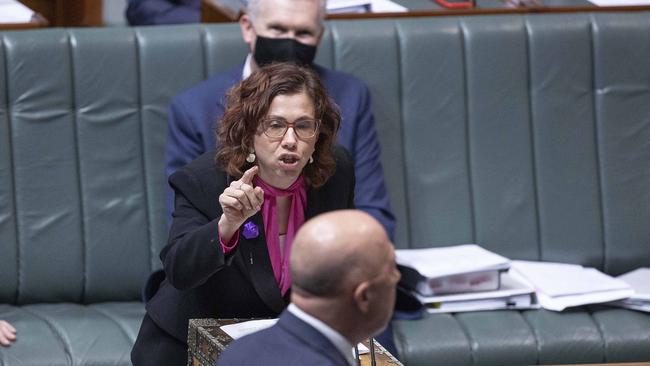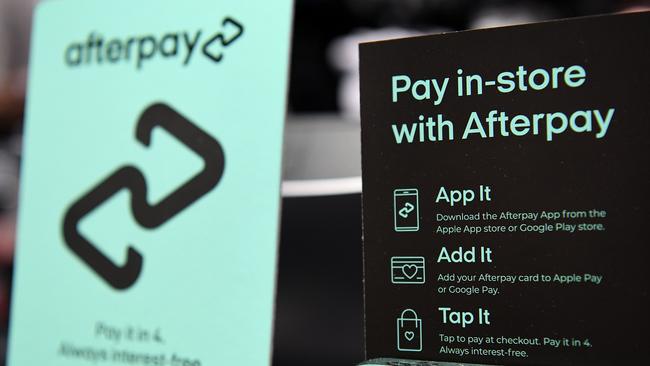80 per cent of cashless debit cards linked to millions of buy now, pay later purchases
The road to getting Queenslanders off the controversial cashless welfare card has been complicated by revelations that nearly 80 per cent of users had accessed buy now, pay later schemes and may still have debts.
QLD Politics
Don't miss out on the headlines from QLD Politics. Followed categories will be added to My News.
Getting thousands of Queenslanders off the cashless debit card has been complicated by revelations nearly 80 per cent of users had accessed buy now pay later schemes and may have debts still owing.
There are nearly 18,000 people on the cashless debit card across Australia, with the more than a third living in the Bundaberg and Hervey Bay area in Queensland and 108 people volunteering to be on the program in Cape York.
Legislation designed to abolish the scheme, which quarantines 80 per cent of a person’s welfare payments onto a card that cannot be used for alcohol, gambling, or cash withdrawals, is progressing through federal parliament.
But transitioning people off the card, which must end in December when the government’s contract with banker and card administrator Indue expires, has been complicated by widespread use of buy now pay later (BNPL) schemes.

Social Services Minister Amanda Rishworth said the use of BNPL arrangements, permitted since the card was introduced, would “make it more difficult to transition people safely” off the program.
“Those who access buy now pay later with the card often have a number of deductions connected to their card, meaning you can’t just close the card overnight,” Ms Rishworth said.
“We want to provide support to those who need it while we remove this card and they’re not caught up in any unusual financial arrangements that leads to them incurring fees or deaths.”
It has been revealed 14,000 cashless debit card users — nearly 80 per cent of the entire cohort — had accessed merchants like Afterpay and ZipCo, to make purchases in the last 12 months.
The total dollar figure of the purchases has not been disclosed, though it is understood to be in the millions.
It is understood the use of BNPL schemes was most significant among cashless debit card users in Queensland.

An Afterpay spokeswoman said the company would be able to meet the government’s timelines and ensure that cashless debit card users “are not inconvenienced by this change”.
Legislation to abolish the card — which federal Labor has long argued disproportionately impacts First Nations peoples — was passed in the lower house on Wednesday and will now move to the Senate.
Numerous Queensland Coalition MPs, including Keith Pitt, launched full-throated defences of the cashless debit card during parliamentary debate.
Mr Pitt, whose electorate is based in Bundaberg, blamed the state government for making it “incredibly difficult” to get direct data around crime, health services or education to understand if the card was working.
“But what I can tell you is that every single schoolteacher I’ve spoken to has been supportive. A school principal … said that after its introduction their breakfast club halved and the number of kids doing extra-curricular activities almost doubled,” he said.
“If that is not a good outcome, I don’t know what we’re doing here. I really don’t.”





